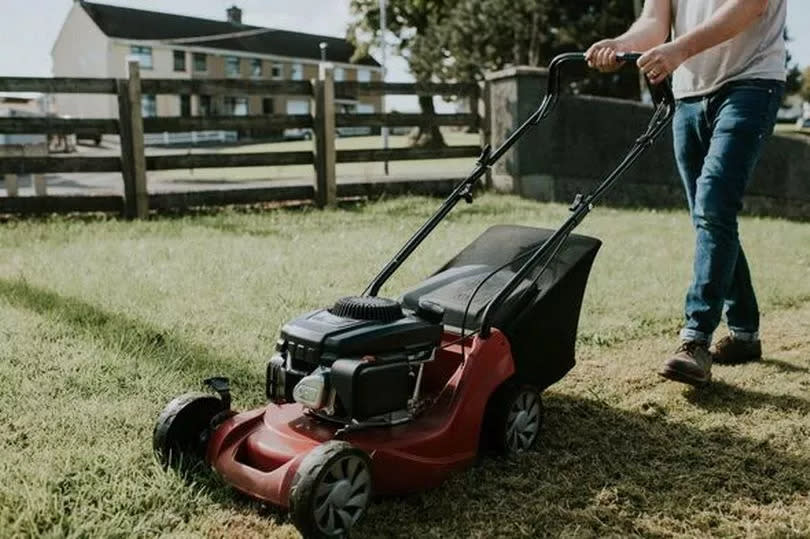Seven things you should never do to your lawn or risk 'weed invasions' and 'bald patches'

As British gardens burst into life with vibrant greens and a kaleidoscope of floral hues, it's crucial to maintain that picture-perfect lawn.
Yet, without proper care, those lush lawns can quickly become patchy, dry, and discoloured. For those dreaming of the ideal green carpet, there are certain pitfalls to avoid at all costs.
STIHL's product and marketing manager, Paul Hicks, has pinpointed seven cardinal sins that could lead to "weed invasions" and "bald patches" in your garden.
READ MORE: How to get rid of wasps and keep them from coming back
1. Never cut the grass too short, reports the Express.
Paul warns: "Many people think that by cutting the lawn on the shortest setting, you are reducing the number of times it will need to be mowed, however, you are actually putting the grass at risk from weed invasions and grub infestations."
He advises: "You should only cut off a third of the length at a time as grass thrives when it has a larger leaf area."
2. Don't leave areas covered
It might be challenging for those with limited space or children, but it's vital to ensure that items like paddling pools, goal posts, and garden furniture are stowed away to let the lawn breathe.
Leaving these items out can lead to "bald patches" or cause the grass to "discolour and become yellow" during warmer spells.
3. Always collect fallen leaves
Neglecting to gather fallen leaves can block sunlight from reaching the grass, essentially suffocating it.
Just three weeks is all it takes for leaves to begin harming the grass.
4. Stop overwatering
Paul debunked a "common misconception" that grass requires daily watering, explaining that overwatering can lead to dependency. He advised: "So instead of watering every day for 15 minutes, choose one day a week to water the lawn for a longer period of time. This will make the lawn healthier and more drought-tolerant."
During summer, it's recommended to mow twice weekly, reducing to once a week in spring and autumn. Bare patches on lawns should be addressed promptly to avoid weed invasion, with reseeding being the optimal solution for these bald spots.
Lastly, Paul emphasised the necessity of scarifying, stating: "Scarifying is essential for keeping your lawns healthy, as it removes thatch and moss, which, if left, can prevent good dense grass growth."
He added that this process allows "By penetrating the soil surface, scarifying allows light, moisture and essential nutrients to be absorbed by the grassroots."

 Yahoo News
Yahoo News 
